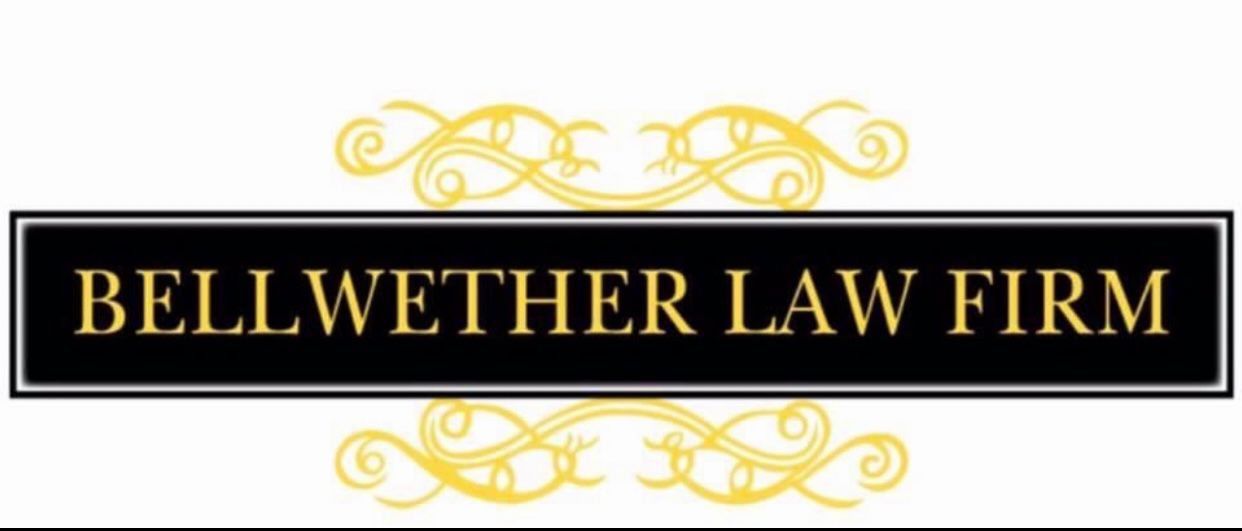Over the course of thousands of client interviews, we have honed and refined our consultation process to maximize the benefits to our clients. Virtually every consultation (whether via telephone, Skype, or in person) follows the same 4-step process, which takes about 30-60 minutes depending on the complexity of the case. We can, however, adapt to any situation. Rest assured, regardless of the circumstances, we will walk you through the process step by step so you know exactly what to expect.
The first step in the process is to gather some personal and identifying information about you. There are three main reasons to collect this information:
Although some people are understandably concerned about revealing personal information to anyone, rest assured anything you say is confidential and held to the highest privacy standards.
The second step in the process is a careful review of all your court documents (and any other documents you might want to show us that may impact your case). Everyone charged with an offence has at least some basic court documents given to them by the police. It is important to review those documents in detail to ensure we know (and you know) what they say. Specifically, we look for three core components:
There may be other documents provided by police from time to time (like in DUI cases), or other documents that you might bring along with you, that are important to review. It is important to note that this process is not a substitute for a careful and thorough review of “disclosure”, which is the extensive police information package provided by the Crown Prosecutor’s office. A detailed review of disclosure occurs subsequent to the initial consultation and is part of the second stage comprehensive investigation of the case.
The third step in the process is to fully understand what happened through your eyes. Whenever possible, and if you haven’t already done so, we will try to distill your storyline to writing.
Generally, we want to understand the background and lead up to the allegations. Sometimes it’s as simple as understanding what happened earlier in the day; sometimes it’s important to understand what transpired weeks or even years leading up to the charges.
Next, we want to understand what actually happened. That is, what were the step-by-step words and actions taken by everyone involved. Think of it almost like a script to a movie; the more detail, the better.
Finally, it is important to understand what happened after the alleged offence. Was there further contact with the complainant? Were you questioned by the police? Did any new information come to light since the incident?
This part of the process typically takes the longest to go through during a consultation. Sometimes the case is more complex than what can possibly be covered during a 1-hour consultation. In such circumstances, we may want to schedule a follow-up meeting or ask you to provide further information in due time. To maximize our chances of getting through everything, we would encourage you to write/type out everything you can think of related to the incident so we can focus on filling the gaps, rather that writing everything for the first time.
The fourth step is explaining what’s next, and what we can do to help. We understand that for most people, this is the first time having any contact with the criminal justice system. You might not be sure what to expect, what will happen in court, how long things will take, how much everything will cost, and whether there is even any hope. Rest assured we will go through every step and answer every question to make sure you understand the process and feel confident in the value we can add to your defense. No matter what the circumstance, if you have been charged we a criminal offence, we know we can help. Give us a chance to tell you how.
